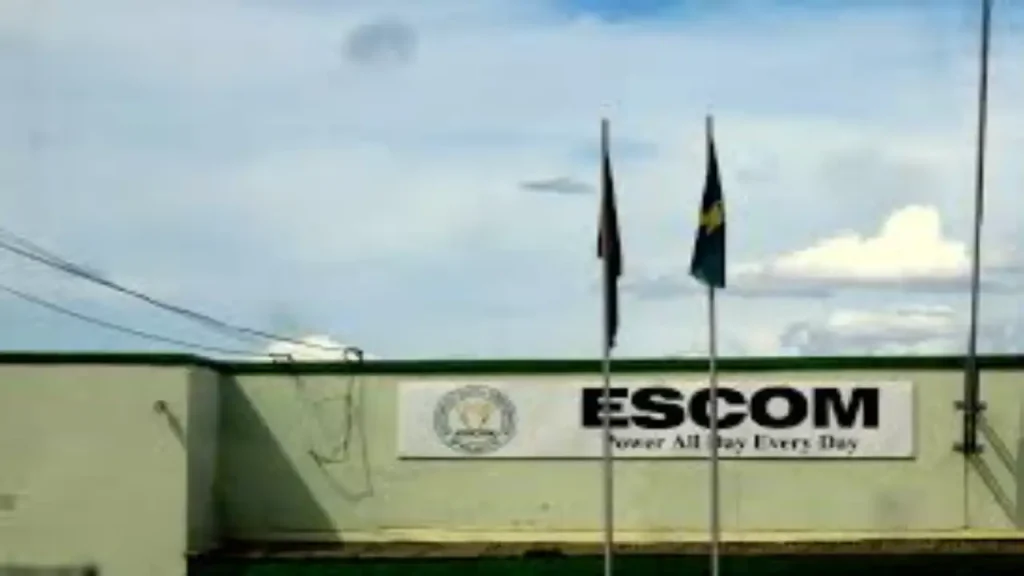- ESCOM is Malawi’s state-owned electricity utility, overseeing bulk procurement, transmission, and distribution, recently reformed to separate generation with EGenco and implement tariff and social pricing reforms.
- The company is upgrading infrastructure, embracing metering and automation, and integrating renewables—such as solar and hydro projects—to improve access, efficiency, and reliability despite financial and operational constraints.
ESCOM Malawi: State-owned power utility with nationwide reach
Established under the Companies Act in 1984, ESCOM is Malawi’s sole state-owned utility responsible for bulk purchasing, transmission, distribution, and retail of electricity. Headquartered in Blantyre, at 9 Haile Selassie Road, ESCOM manages a nationwide network that includes both interconnected and off-grid systems, serving approximately 200,000 customers through regional entities—Southern, Central, and Northern Electricity Supply.
Also read: Google signs geothermal energy deal in Taiwan for 24/7 clean electricity
Also read: Angola Cables: Powering Africa’s global connectivity
ESCOM Malawi: Recent unbundling and sector reform
In January 2017, Malawi restructured its electricity sector by unbundling ESCOM’s generation functions into a new entity, EGenco, while ESCOM retained transmission and distribution duties. Supported by Millennium Challenge Corporation and World Bank initiatives, ESCOM introduced tariff reforms—including a 31% average rate adjustment over four years—and rolled out a social tariff aimed at improving affordability for low-income households.
ESCOM Malawi: Infrastructure upgrades and diversification
ESCOM manages crucial hydroelectric assets via EGenco and continues to enhance the grid. Notable initiatives include investments in prepayment metering, SCADA-enabled network automation, and expanding off-grid solar capacity. Through PPAs with independent power producers (IPPs), ESCOM has secured new capacity from solar plants (Salima, Nanjoka, Dwangwa), and is set to integrate major renewable projects like the 350 MW Mpatamanga Hydro and 55 MW Dwangwa Solar into the national grid.
ESCOM Malawi: Financial and operational challenges
Despite reform efforts, ESCOM faces structural hurdles: power revenue arrears (mainly from government clients), drought-impacted hydro generation, and outdated infrastructure. These factors have strained finances and delayed planned investments. However, SCADA deployment, fleet renewal, commercial metering and system loss reduction (from 23% to 17.8%, with aim of 16%) are underway to boost operational efficiency.
ESCOM Malawi: Vision for reliable, inclusive power access
ESCOM aims to enhance customer service, reduce technical losses, and support Malawi’s national target of 30% electricity access by 2030—up from 11% today. Through strategic projects, regulatory reforms, and partnerships with IPPs, ESCOM is driving toward a more sustainable, resilient power sector.

